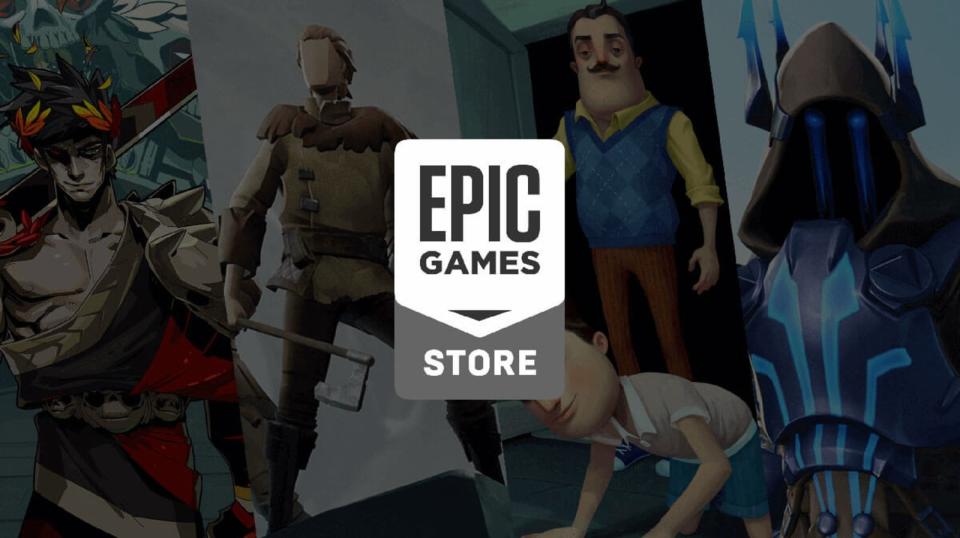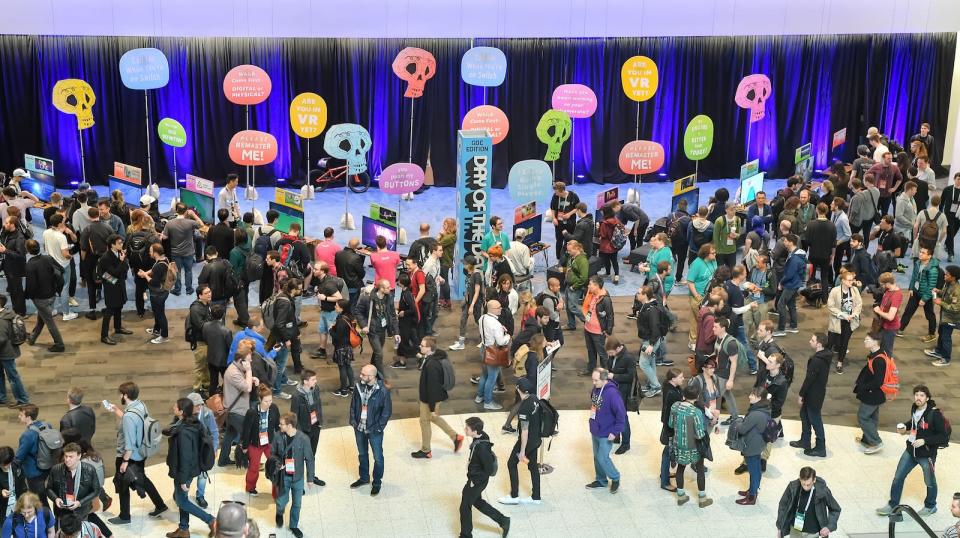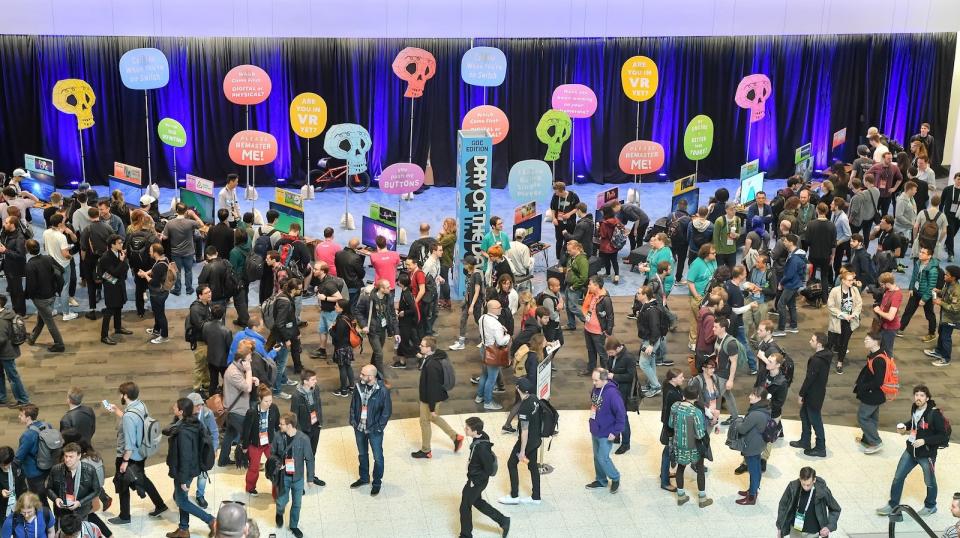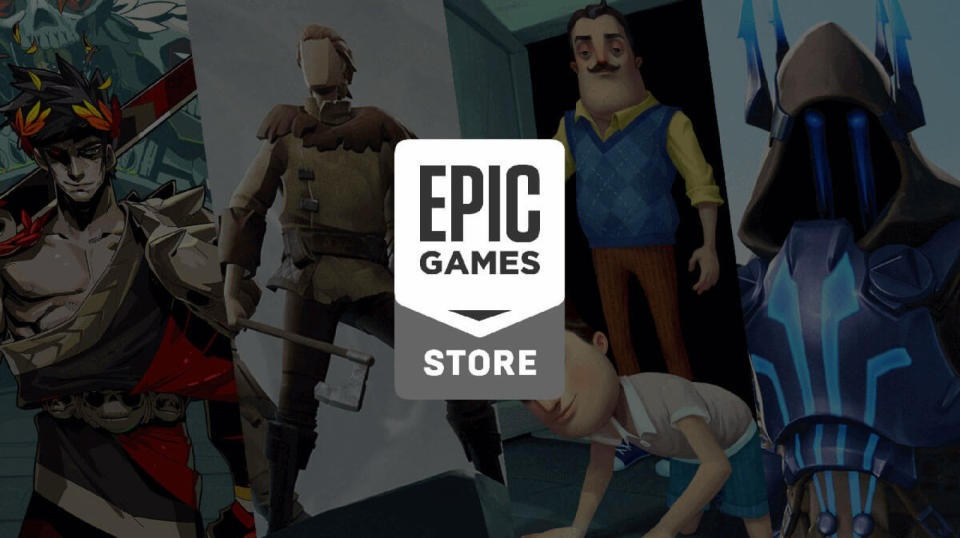Nearly half of game developers want to unionize
The seventh annual GDC State of the Industry Survey had some new questions.
Unionization isn't a new idea for the game development industry, but it is a particularly hot and contentious topic right now. A handful of events in 2018 thrust the unionization conversation to the forefront, including Rockstar boss Dan Houser's comments about developers working 100-hour weeks to finish Red Dead Redemption 2, and the tragic implosion and bitter residue of Telltale Games.
Groups like Game Workers Unite have been pounding the pavement (physically and digitally) and gathering support for unionization across the globe, with a goal to "bring hope to and empower those suffering in this industry." In December, a UK chapter of Game Workers Unite became a legal trade union.
GAME WORKERS UNITE UK IS NOW A LEGAL TRADE UNION
We are proud to announce that we have become a branch of @IWGBunion - a small, dynamic and effective trade union.
Are you a worker and are worried you will be exploited by the games industry✊🏻✊🏿✊🎮
JOIN: https://t.co/ENyNOreC4F pic.twitter.com/1e00eSmxrZ— Game Workers Unite UK (@GWU_UK) December 14, 2018
With all of this conversation swirling around studio life, the folks behind the Game Developers Conference added new questions to the seventh annual State of the Industry Survey, which included responses from nearly 4,000 developers. The questions were broad: should the games industry unionize, and will the games industry unionize? Forty-seven percent of respondents said yes, game developers should unionize, while 16 percent said no and 26 percent said maybe.
However, developers weren't exactly hopeful about unionization efforts. Just 21 percent of respondents said they thought the industry would unionize, and 39 percent said maybe. Twenty-four percent said it simply wasn't going to happen. One developer added the following thought: "There is too much supply: too many people want into the industry. Those who unionize will be shoved out of the way as companies hire those with fewer demands."
The survey found 44 percent of developers (from hobbyists to AAA) worked more than 40 hours per week on average. It also included a question about the maximum number of hours developers had worked in a single week over the past year. Just over 1 percent said they worked more than 110 hours in a week, while 6 percent reported working 76 to 80 hours, "suggesting that deadline-related crunch can go far beyond normal working hours," according to the survey.

GDC executive vice president Simon Carless told Engadget the survey team added the unionization questions because developers were asking for them.
"Since this is the first time we've started asking about the support for unionization among developers, we can't say for sure what the trajectory of support may or may not be," Carless said. "But we have seen a keen interest in discussing unionization from the game developer community. This is reflected in the fact that we now have a number of sessions that will be addressing the topic."
GDC 2019 kicks off on March 18th and Game Workers Unite will be there, alongside labor union organizers from other industries, starting conversations and getting folks involved.
"We have seen a keen interest in discussing unionization from the game developer community."
This year's State of the Industry Survey collected a handful of other new statistics, including some dedicated to Steam and its fresh competition. The Epic Games Store went live in December, offering developers a revenue share of 88 percent, compared with Steam's long-standing offer of 70 percent. The new Discord store joined the party a few days later, promising developers 90 percent of all revenue generated by their game sales.
Steam has dominated the digital distribution market for roughly a decade, setting standards and making plenty of developers' dreams come true. However, Steam has become crowded, and the market is ripe for innovation and competition. Unsurprisingly, 47 percent of GDC survey respondents said they sold their games on Steam. Of those developers, 54 percent said Steam accounted for at least three-quarters of their total sales revenue; other storefronts generated less than 10 percent of overall revenue for most developers.
Here's the juicy bit: The 2019 GDC survey also asked developers whether Steam's 30 percent cut was justified. Just 6 percent of respondents said yes. Roughly one-third of respondents said Steam's revenue-sharing model didn't make sense, 27 percent said it probably didn't, and 17 percent said they weren't sure.
One respondent offered the following advice for Steam: "Take less revenue from sales and curate their store better for visibility for real games."




